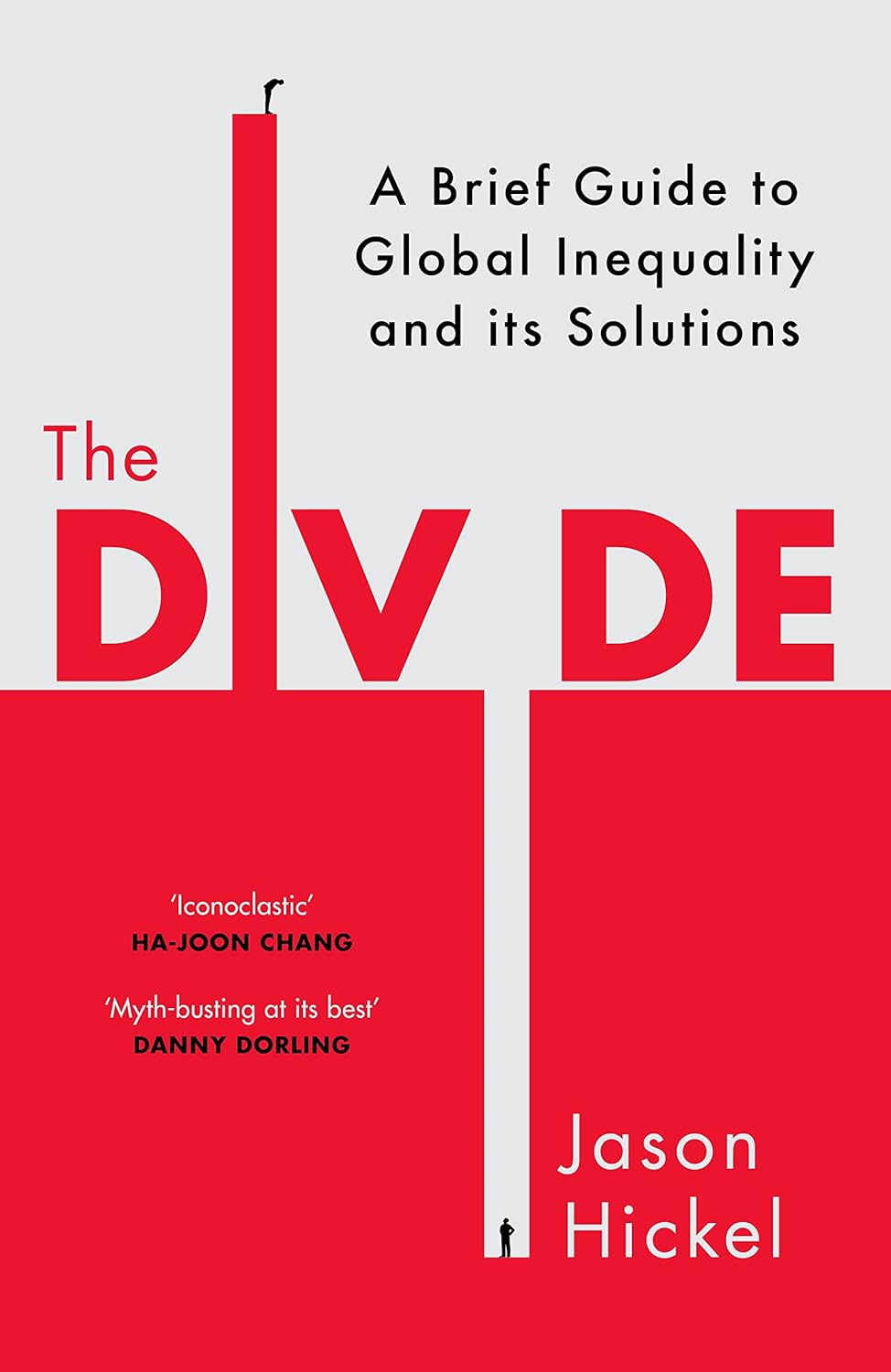What do you think?
Rate this book


368 pages, Hardcover
First published January 1, 2017
I listened to the wild speeches, which were just a cry for ‘bread! bread!’ and on my way home I pondered over the scene and I became more than ever convinced of the importance of imperialism … My cherished idea is a solution for the social problem, i.e., in order to save the 40,000,000 inhabitants of the United Kingdom from a bloody civil war, we colonial statesmen must acquire new lands to settle the surplus population, to provide new markets for the goods produced in the factories and mines.